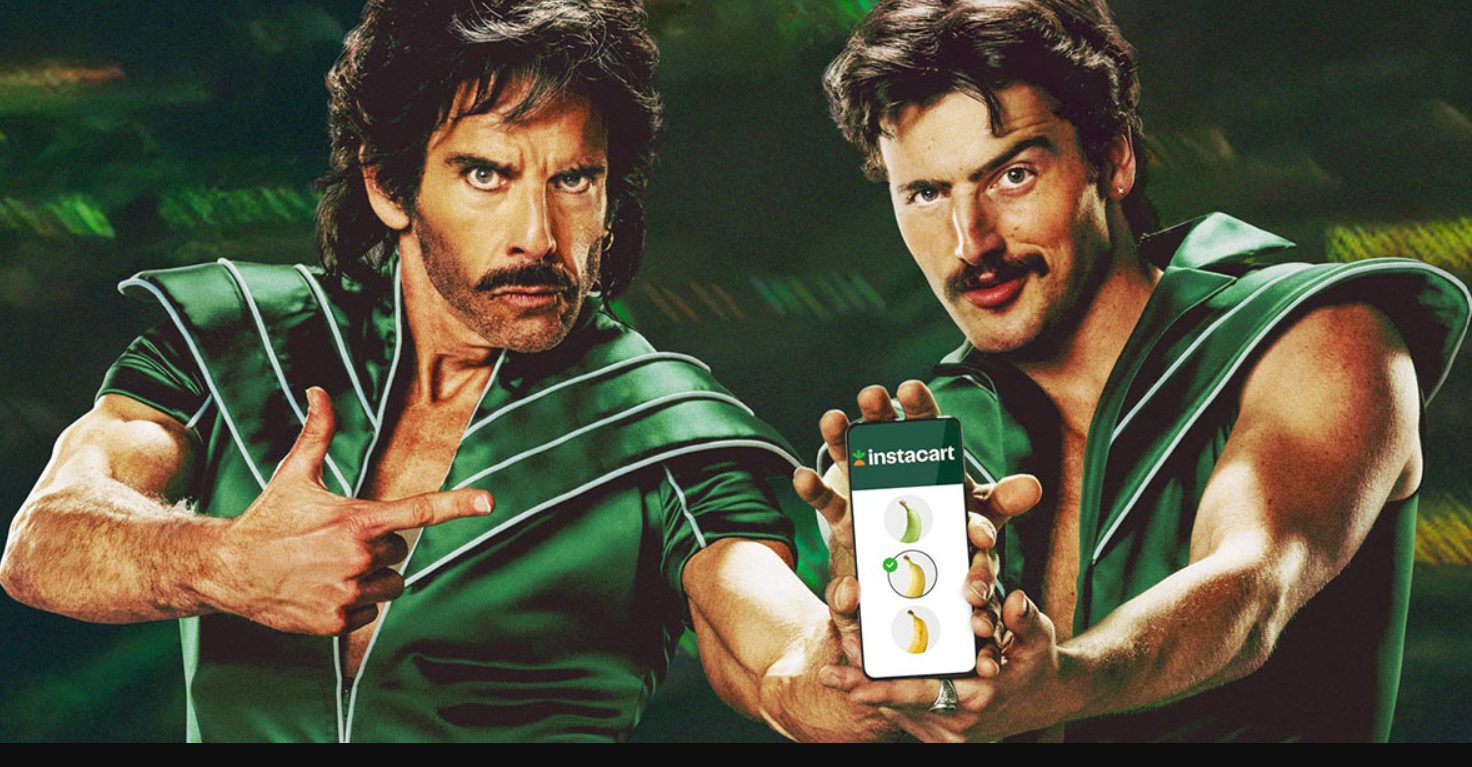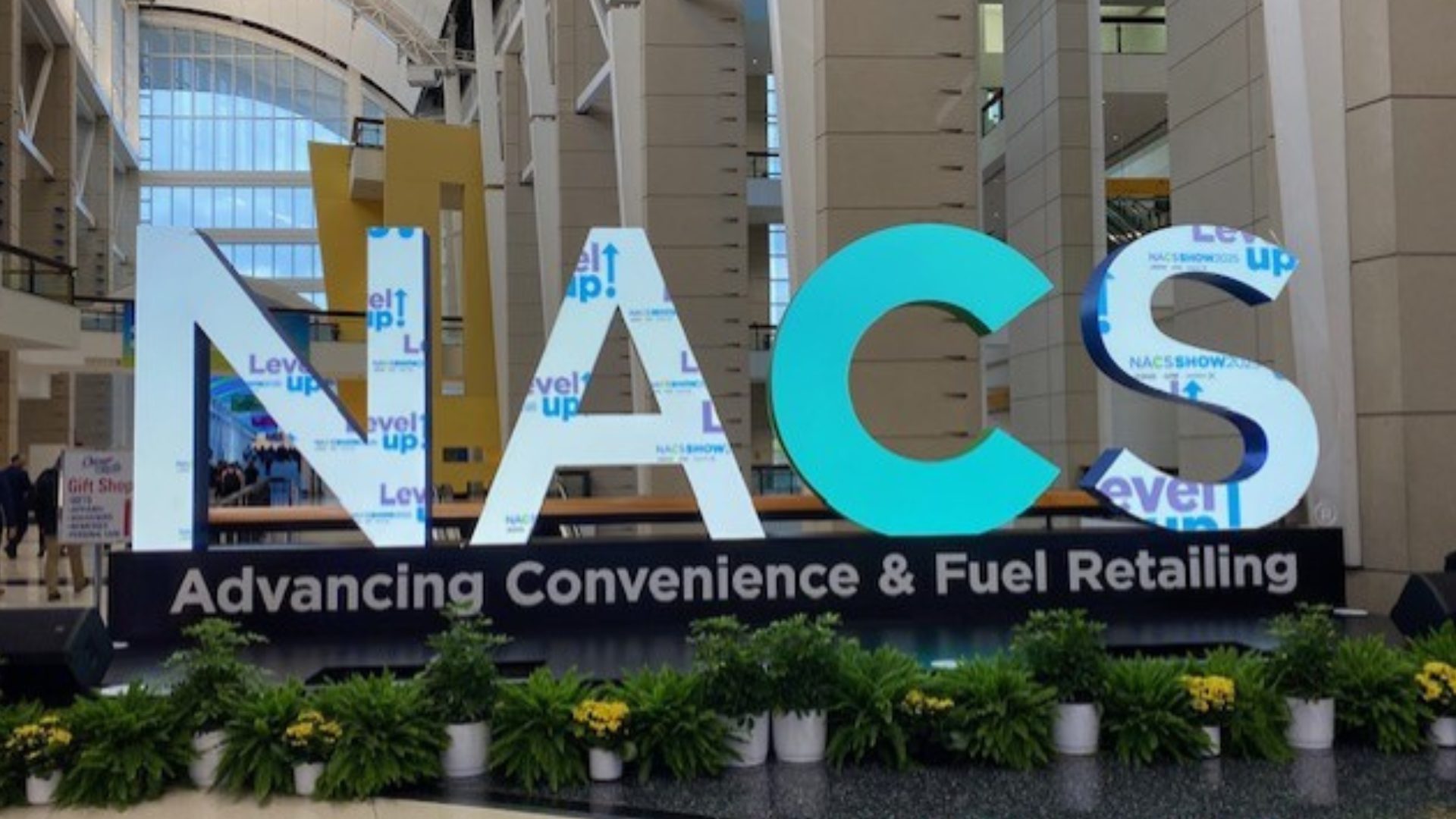Coca-Cola Co. is cutting what is calls “zombie brands” to streamline its portfolio and focus on more successful brands and smaller ones with more potential, reported MarketWatch (July 23).
Many of the company’s 400 “master brands” are in only one country, accounting for just 2% of total revenue, according to CEO James Quincey. Quincey noted that, at the beginning of the pandemic, Coca-Cola decided to “ruthlessly prioritize” core brands, which would aid the supply chain.
“We are shifting to prioritizing fewer but bigger and stronger brands across various consumer needs,” he said. “At the same time, we need to do a better job nurturing and growing smaller, more enduring propositions and exiting some zombie brands not just zombie SKUs.”
Cuts already began and the company will stop operations on the Odwalla juice brand, effective July 31. Three hundred jobs will be lost as a result of the move.
“This gives us the flexibility to support our investments in brands like Minute Maid and Simply and to continue to scale rising start like Topo Chico,” Quincey said. Topo Chico is a brand of sparkling mineral water, a growing category with Nielsen data showing online sales of seltzer, tonic, and club soda climbing 61% year-over-year for the week ending June 13.
Coca-Cola turned its attention to sparkling water in China and saw a 14% increase in volume for the quarter, with strength in its Coke Zero Sugar product, according to Quincey.
Mondelez International also plans to eliminate a quarter of its products to streamline manufacturing during the pandemic, reported Bloomberg (July 10).
“That’s always a discussion in a company like ours, that we have too many flavors, too many sizes and so on,” said CEO Dirk Van De Put. “This is the moment to drive that.”
Brands won’t necessarily be eliminated, but the Oreo and Ritz maker is targeting individual product varieties, or SKUS. General Mills Inc. is also slashing its soup offerings by nearly half.
Meanwhile, Unilever will spin off its tea business, which includes brands such as Lipton and Brooke Bond, but it will retain its tea businesses in India and Indonesia as well as the partnership interests in ready-to-drink tea joint ventures, reported BBC (July 23).
“The balance of Unilever’s tea brands and geographies and all tea estates have an exciting future, and this potential can best be achieved as a separate entity,” the company said. “A process will now begin to implement the separation, which is expected to conclude by the end of 2021.”
Unilever reported sales dropped 0.3% in the second quarter, compared to analyst expectations of a 4% drop. The company said it had “unlocked new levels of agility” in its response to shifting consumer demand, and that e-commerce grew 49% in the first half of the year, reported Yakima Herald-Republic (July 23).
The company’s Magnum and Ben and Jerry’s brands benefited the most as consumers bought more ice cream. With people purchasing more food to eat at home, the company also saw double-digit growth in its retail foods business, with Knorr soups and Hellmann’s sauces performing strongly.
Meanwhile, there had been “fewer personal care occasions from going to work or socializing,” leading to less demand for Unilever’s hygiene products. However, the company said sales of some cleaning products, such as hand sanitizer, soared as people stepped up efforts to battle coronavirus.








